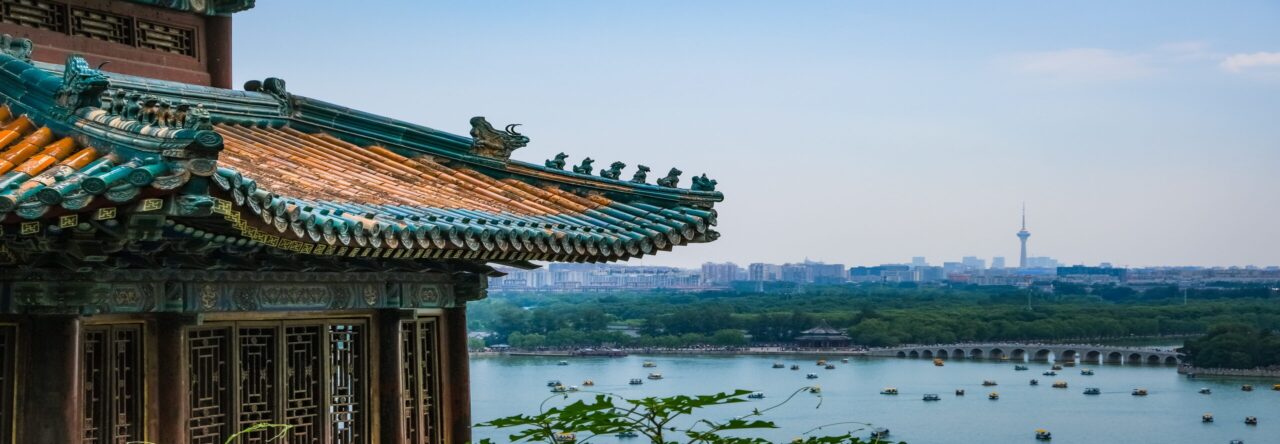
Hong Kong has long held a unique place on the global stage, operating as a liminal space between the East and the West. As a holding of the British Empire all the way up to 1997, Hong Kong has had the experimental status of a purely capitalist actor in a socialist region (that is, before China had fully embraced its “going out” policy). Since that handoff, much has changed for native Hong Kongers.
Of course, the change did not happen overnight. The Hong Kong Basic Law was to keep a British-style government in place for 50 years after the handoff. And for a few years, it did. Hong Kong held a solid footing in the global market and buffered economic interaction between China and the West; China and Hong Kong existed in a balance that held “one country, two systems” as the norm. That all changed in 2020 with China’s passing of the National Security Law, effectively ending the old system and implementing China’s will over Hong Kong in near totality. Where friction between China and other countries has been centered mainly around ethnic and religious lines, the conflict between Beijing and Hong Kong exists on “civic and political values such as civil liberty, rule of law, and democracy” (Lee 68). Because China no longer needs this colony to mediate dealings internationally, it has felt quite comfortable inserting itself into its dealings.

Protests against a Beijing takeover have been happening for years now, coming to their most public head during the 79-day-long Umbrella Movement. Since the implementation of the National Security Law, crackdowns on free speech have continued to be plentiful. Critical discourse surrounding Hong Kong’s history and future still exists, but conversations are often encoded to maintain citizens’ safety.
In the years following the implementation of the National Security Law, Hong Kongers still maintain protest against China in their own ways. Recently, the Hong Kong rugby team entered their game to the tune of a protest song rather than the Chinese national anthem. The death of Queen Elizabeth II sparked public mourning in the city, where gatherings were held in the Queen’s honor outside the British consulate in what must have been a subtle dig at China.
I am very interested to see what direction Hong Kong will be led in the coming years. A commonly held fear by its citizens is that Hong Kong will become just another Chinese city. Even as Hong Kong’s freedoms are being eroded away by the state, I hope to see the will of the people shine through and prevail.

Tim Oakes
A “purely capitalist actor” in some ways, yes, but Hong Kong’s economic success was also the result of significant government intervention and support.
Whether or not the Umbrella Movement was the most “public” of Hong Kong protests is debatable. The anti-extradition protests of 2019 were much larger.
Yes, we are waiting to see what will become of Hong Kong. In many ways it is already “just another Chinese city”, having been eclipsed in many ways by neighboring Shenzhen. Yet Hong Kongers have a unique and very resilient identity, so I think you’re right to expect something more down the road.
The image is a view from Kowloon, of the skyline in Central (on Hong Kong Island)
Need to include the citation for Lee.